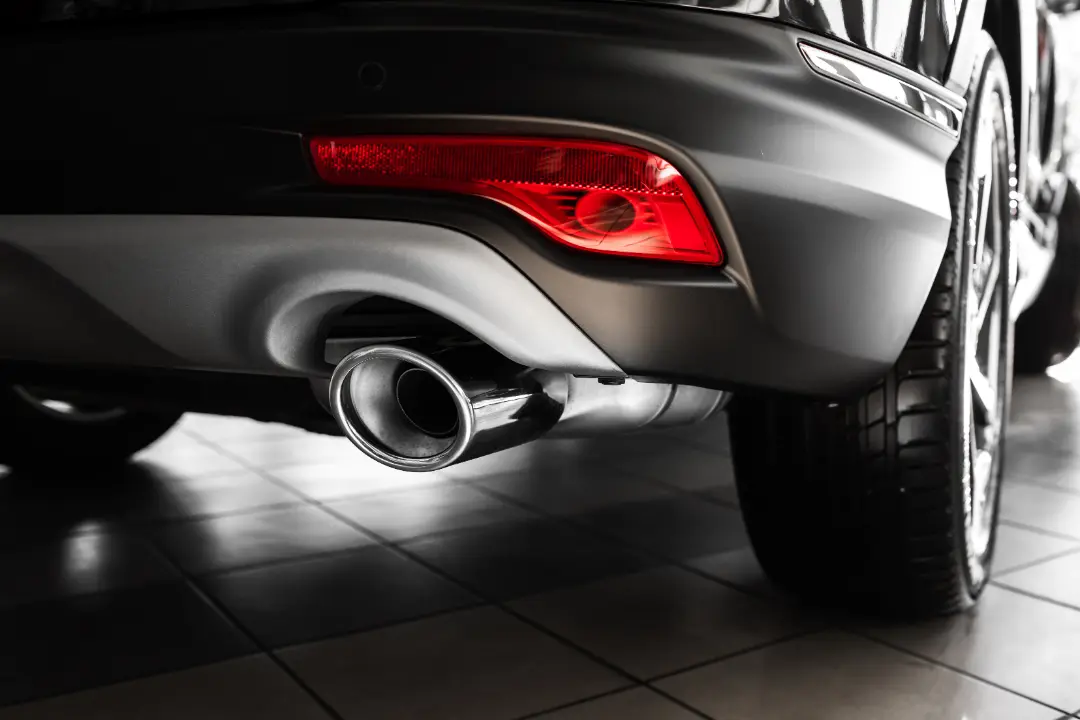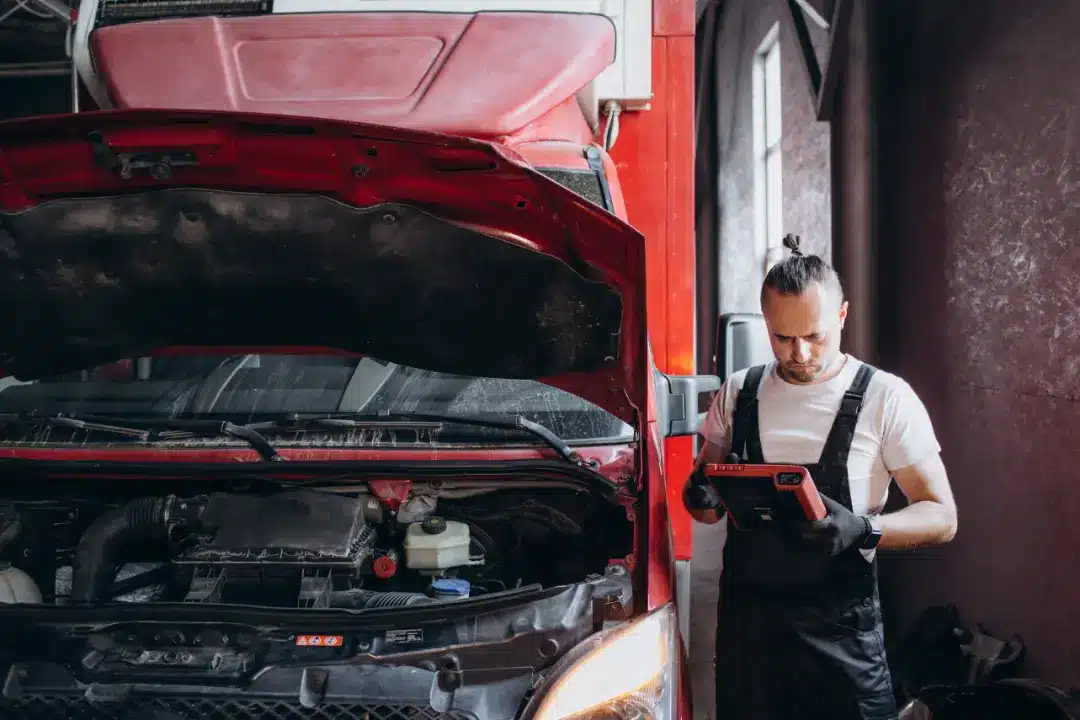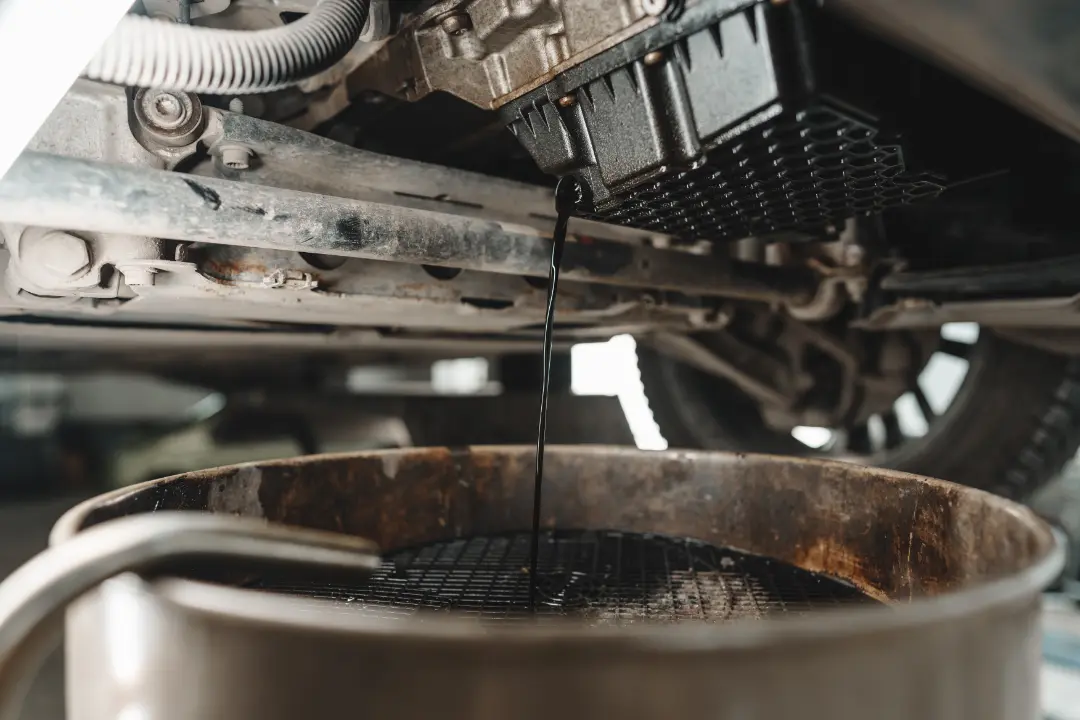When you’re looking to buy a used car, it’s essential to be prepared. There are many things to consider, and you don’t want to regret your purchase. One of the best ways to avoid buyer’s remorse is to ask the right questions when buying from a dealer. By being informed and asking the right questions, you can feel confident that you’re making a wise decision when purchasing a used car.
Buying a used car is a big decision. That’s why it’s essential to ask the right questions when purchasing from a dealer.
At Sovereign Motor Engineers, we want to ensure our customers get the best possible deal on used cars. We have years of experience in the industry and know what to look for when inspecting a vehicle.
Our team will be happy to answer any questions about the car you’re interested in buying – whether it’s about its history, condition, or features. We want you to feel confident in your purchase and know that you’re getting good value for your money. Want to find out when the best time is to buy a used car? Then have a read of our blog.
Contact us today to learn more about our used cars and how we can help you find the perfect one for you!
Here are the 17 questions to ask your car dealer when purchasing a used car:
1. What is the car’s history?
A vehicle history check is essential to find out if the car has been in any accidents, had any previous owners, or if it’s been stolen. This information is critical to know because it can affect the safety of the car and its value. Also, if the vehicle has been in an accident, you’ll want to be aware of any potential damage that may not be immediately visible.
2. What is the condition of the car?
It’s essential to ask about the vehicle’s overall condition before making a purchase. You’ll want to know if any significant problems, such as engine damage or faulty transmission, need to be addressed. It would help if you also asked about cosmetic issues like scratches, dents, or rust.
3. What is the car’s service history?
You’ll want to know if the car has been regularly serviced and completed all its scheduled maintenance. This information is vital because it can give you a good indication of how well the vehicle has been cared for. It’s also worth asking for full-service history records to see what work has been done on the car and when.
4. What is the car’s mileage?
The car’s mileage is an essential factor when determining its value. Higher recorded mileage means the vehicle has been driven more and may not be worth as much as a lower mileage car. However, it’s essential to remember that some cars are built to last longer than others, so a high mileage car may still be in good condition.
5. What features does the car have?
When looking at used cars, you’ll want to know what features are included. This information can help you decide whether the vehicle is right for you and if it’s worth the asking price. Some features to look for include:
- Cruise control
- Navigation system
- Heated seats
- Sunroof
6. What is the asking price?
Of course, you’ll want to know how much the car is being sold for. But don’t be afraid to negotiate! If you think the car is overpriced, try to get the dealer to come down on their asking price. Remember, they’re trying to sell the vehicle and may be open to negotiation. Also, be sure to ask about any additional fees, such as taxes, that may not be included in the price.
7. When can I take a test drive?
Before making a purchase, you should always take the car for a test drive to know the car’s condition. It will allow you to see how it handles and if there are any problems with it. If the dealer is unwilling to let you take a test drive, it’s probably best to walk away.
Here are some things to remember during a test drive:
- The car should start quickly and idle smoothly.
- There should be no strange noises coming from the engine.
- The brakes should work properly, and the vehicle should stop smoothly.
- The steering should be responsive, and the car should handle well.
- The suspension should be smooth, with no bumps or creaks.
These are all critical factors to consider when buying a used car. After taking the car for a test drive, you should have a good idea of its condition and whether or not it’s the right car for you.
8. Is there a warranty?
If you’re buying a used car, you’ll want to know if there’s a warranty included. It can give you peace of mind if something goes wrong with the car after buying it. Many dealers offer vehicle warranties, so ask about this before making your purchase.
9. What are my financing options?
If you’re financing your purchase, you’ll want to know what available options. Be sure to ask about interest rates, monthly payments, and other fees associated with your loan. It would help if you also shopped around for financing before settling on a particular lender.
10. What type of fuel does the car use?
If you’re concerned about fuel efficiency, this is an important question. Find out what fuel the car uses and how many miles per gallon it gets. This information can help you decide if the vehicle is right for you and your budget.
11. How many previous owners are there?
The number of previous owners is another crucial factor when buying a used car. A car with more previous owners may have been driven harder and may not be as reliable as a car with only one or two previous owners. However, this isn’t always the case, so be sure to ask about the car’s history before making your decision.
12. Do you have all the right keys?
If you’re buying a used car, it’s essential to make sure that you have all the right keys. It includes the ignition key and any other keys that might be needed to operate the car. It’s also a good idea to ask for a spare key in case you lose or misplace your primary key.
13. What is the condition of the tires?
The condition of the tires is an important safety consideration when buying a used car. Be sure to check the tread depth and pressure of all four tires. If they seem worn or damaged, you may want to consider another vehicle. Also, ask if there is a spare wheel included with the car.
14. What safety features does the car have?
Safety is essential when choosing a car, so ask about it. Find out if the vehicle has features like airbags and antilock brakes. Also, be sure to ask about any other safety features that might be available, such as a rear-view camera.
15. Is there outstanding finance?
If you’re buying a used car, it’s essential to ensure that there is no outstanding finance. It can be a significant problem if the previous owner has not paid off their loan and the lender comes after you for the unpaid debt. Be sure to ask about this before making your purchase. Law requires car dealers to disclose any outstanding finance on a car.
16. Has the car been in any accidents?
If you’re buying a used car, it’s crucial to find out if it has been in any accidents. This information can help you determine the condition of the vehicle and whether or not it’s a good choice for you. Be sure to ask the dealer about any accidents that the car has been involved in.
17. Is there anything else I need to know?
Be sure to ask the dealer if there’s anything else you need to know about the car. They should be able to provide you with a list of additional fees, such as registration or taxes. They may also have tips on getting the most out of your new car.
Purchasing a used car can be daunting, but it doesn’t have to be! By asking the right questions, you can ensure you’re getting a good deal on a safe and reliable vehicle. Don’t be afraid to ask your dealer these 17 critical questions before purchasing.
Tips for negotiating a good deal on a used car
Car dealership negotiation is a process where the dealer and the customer haggle over the purchase price of a car. Negotiation aims to agree on a fair price for both parties.
Here are a few things you can do to ensure you get a good deal on your next used car.
- Please do your research: Knowing the fair market value for the car you’re interested in is essential. It will give you a starting point for negotiation and help you avoid overpaying for your vehicle.
- Be prepared to walk away: If you’re unhappy with the dealer’s offer, don’t be afraid to walk away. It shows them that you’re not desperate to make a purchase and are willing to walk away if the price isn’t right.
- Know your trade-in value: If you’re planning on trading in your old car, be sure to do your research and know its fair market value. It will help you get a fair trade-in value for your vehicle.
- Be firm: Once you’ve agreed on a price, stick to it. If the dealer tries to add extra fees or charges, don’t be afraid to walk away from the deal.
Purchasing a used car can be a great way to save money on your next vehicle purchase. By following these tips, you can make sure you get a fair price on your next car.
Car insurance and registration for Secondhand Car
Once you’ve bought your car, you’ll need to get it insured and registered. Make sure to shop for the best car insurance and registration rates. You can also save money by bundling these services together.
Here are some things you should know about car insurance and registration for second-hand cars:
- When you buy a used car, the dealer should give you a bill of sale that you can use to register the vehicle.
- You’ll need to insure your car before you can register it. Ensure to shop around for the best rates on car insurance.
- You may be able to save money by bundling your car insurance and registration together.
- Once you’ve registered your car, you’ll need to renew your registration each year.
Following these tips ensures you get the best deal on your used car purchase.
FAQ’s
Q: Do I need to take a test drive?
A: Yes, it’s always a good idea to take a car for a spin before you buy it. It will allow you to see how it handles and ensure it’s the right fit for you.
Q: How do I know if the car has been in an accident?
A: You can ask the dealer about any accidents that the car has been involved in. They should be able to provide you with a list of any accidents that the vehicle has been involved in.
Q: Is it better to buy a used car from a dealer or private seller?
A: There are benefits to both options. Buying from a dealer offers you more protection, as they must disclose any accidents or damage involving the car. Private sellers may be able to provide you with a better deal, but there is more risk involved in buying a car privately.
Q: How can I tell if a car has been properly maintained?
A: You can ask the dealer about the car’s maintenance history. They should be able to provide you with a list of any services that have been performed on the vehicle. You can also ask to see the car’s service records.
Final Thoughts
If you are in the market for a used car, you must be prepared and know what questions to ask when buying from a dealer. By being informed and asking the right questions, you can feel confident in your purchase and avoid potential problems.
At Sovereign Motor Engineers, we want our customers to have a positive experience buying a used car. We pride ourselves on our extensive knowledge of used vehicles. We have a wide selection of makes and models for you to choose from, and our team is dedicated to helping you find the perfect car for your needs. Contact us today to learn more about our inventory or take a test drive!




